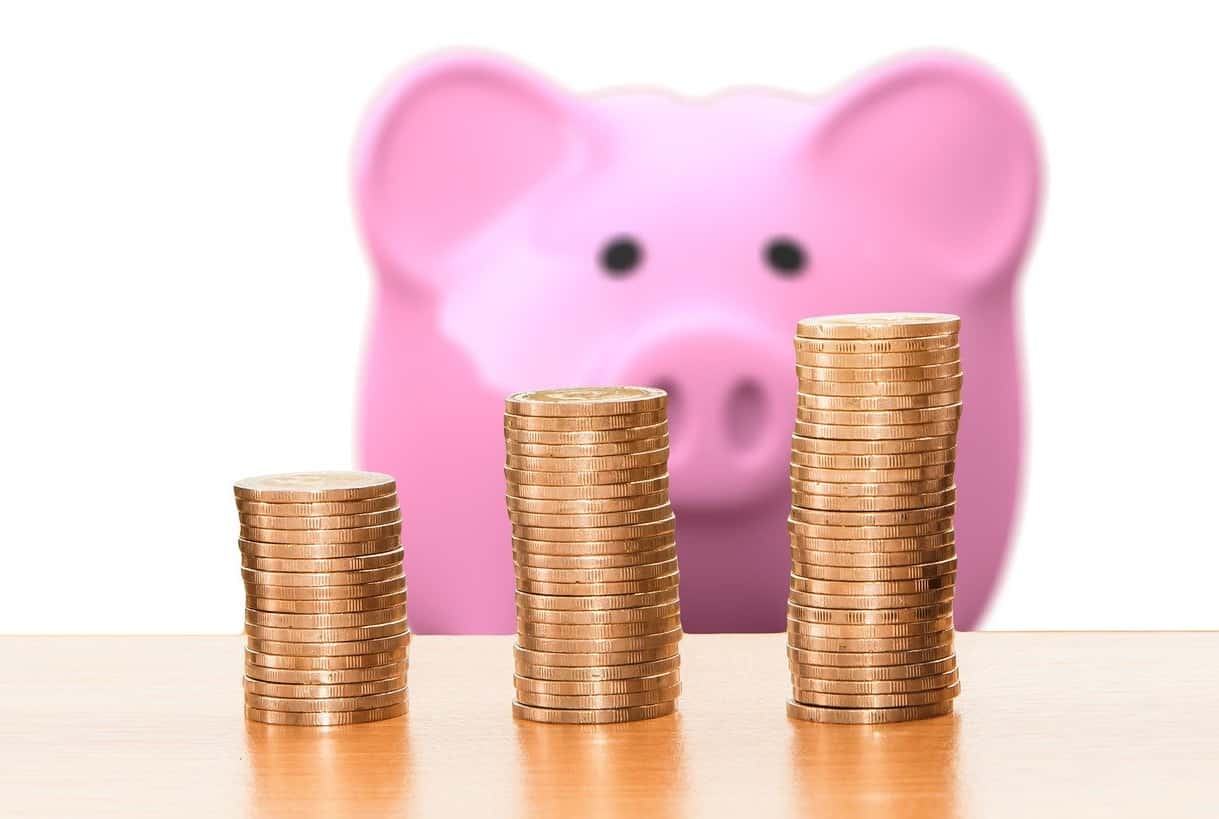With lockdown measures gradually easing across the UK, various financial support schemes soon phasing out and eviction ban eventually coming to an end too, some concerns have been raised about a potential increase in the number of private tenants falling behind on rent and facing homelessness as a direct result of the global pandemic. However, new research shows that many households are now making significant savings by maintaining the spending habits they have adopted during lockdown.
According to the study by online financial comparison experts, money.co.uk, 71% of UK households have managed to save money during the imposed quarantine, by cutting their personal spending on non-essential goods.
Healthier spending habits
On average they have put aside £2,879 in cash over the 13 week period of lockdown, which is equivalent of an average weekly saving of £221.50.
The research found that the biggest savings were made on buying clothes (average of £34.39 per week), running the car (£34.14 per week) and paying for eating out (£33.57 per week).
A significant amount of saved cash also came from cutting back on the amount of consumed alcohol, with an average saving of £27 per week, followed closely by cut backs on haircuts and beauty treatments – around £25 a week, while working from home has helped the British households to put away a further £21 per week on average.
Salman Haqqi, Personal Finance Expert at money.co.uk, said: “During lockdown, many people have cut back on their spending on non-essential items. The savings have been largely made by households cutting back on the amount of cash they spend on items like alcohol, cigarettes, clothes, make-up, cosmetics and grooming products, meals out, haircuts and beauty treatments, plus shop bought lunches and takeaway coffees.
“They’ve also spent less because many are not having to use their car to travel to work and have also cut back on other outgoings like sports and gym memberships.”
Maintaining lockdown budget
The study suggests that households could save an average of £8,638 by the end of 2020, provided they maintain their spending habits and continue to save at the same pace now that lockdown is lifting.
“Almost eight out of ten householders we surveyed [79%] say they aim to continue to save as much as possible even though lockdown is relaxing,” said Haqqi.
“The biggest opportunity to save money, according to our study, is in cutting back on going out for meals. More than a third of the 2,000 people we surveyed said that would be the top priority for continuing to save money.”
He added: “Cutting back on shop bought lunches [30%], takeaway coffee and new clothes [29%], running the car [20%] and buying alcohol [17%] are the other areas people are likely to continue to try and cut back in order to save once lockdown is over.”











